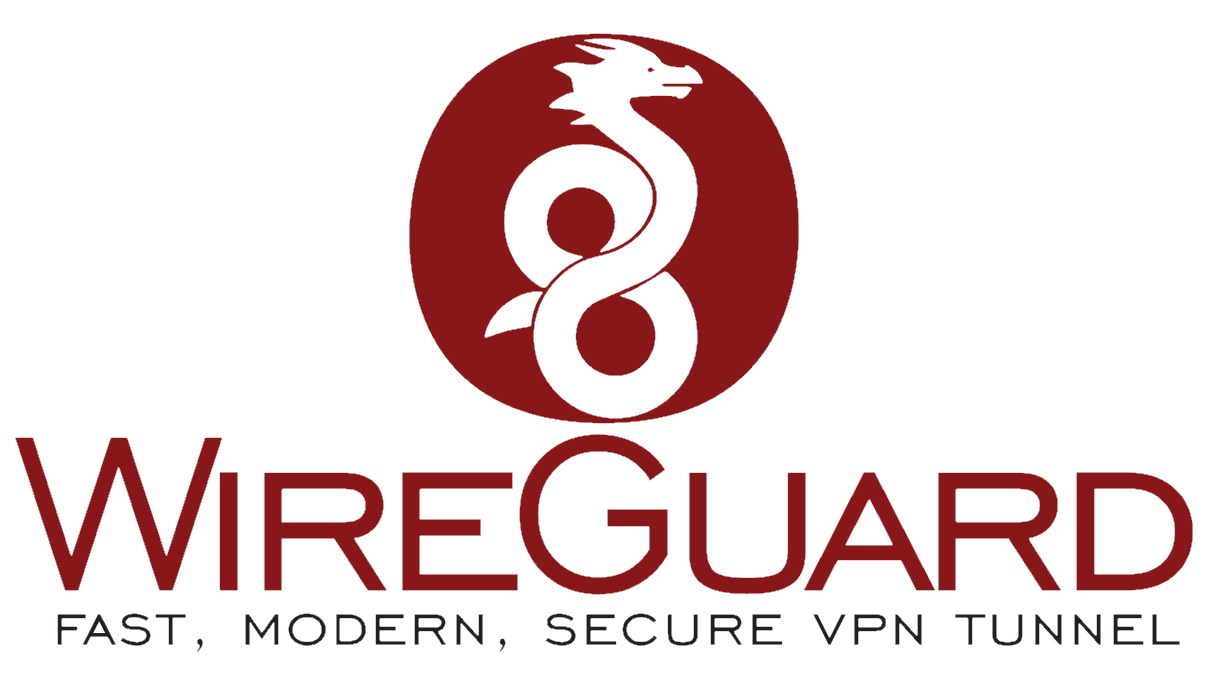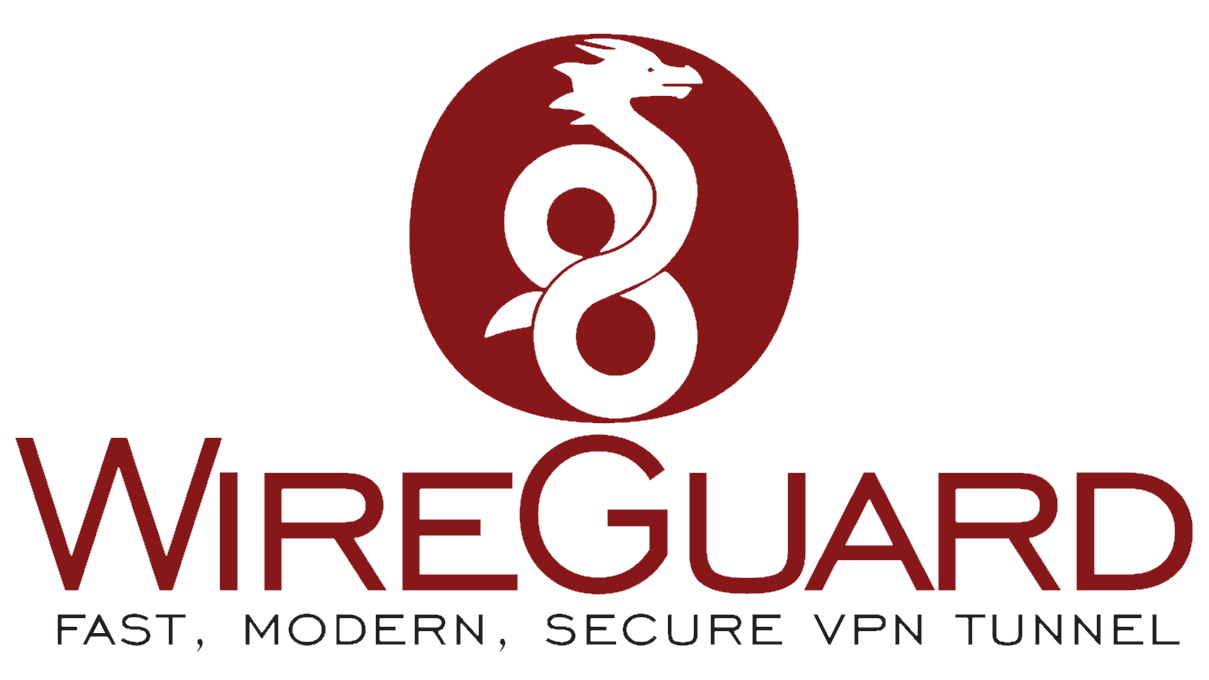- ExpressVPN now supports the WireGuard protocol in a bid to promote the industry’s post-quantum transition
- Resistance to WireGuard by ExpressVPN resulted in the development of its Lightway protocol
- Post-quantum WireGuard has been added to Windows, iOS, and Android ExpressVPN apps, with macOS to follow
ExpressVPN has decided to embrace WireGuard – and it made it quantum-secure, combining WireGuard with the next-generation encryption algorithm ML-KEM.
“We wanted to prove that integrating Post-Quantum protection was not the insurmountable challenge that some teams may have believed,” ExpressVPN Chief Research Officer, Pete Membrey, told TechRadar. “It is not only feasible, but highly achievable… particularly with our instruction manual alongside the launch.”
In fact, what TechRadar’s reviewers rated as one of the best VPN providers on the market also published a technical whitepaper to give other VPN providers a roadmap for adopting post-quantum protection.
You may like
That said, ExpressVPN intends to retain its proprietary protocol Lightway – which already integrates ML-KEM – as its default protocol. But in terms of the post-quantum future of online privacy, its adoption of WireGuard is hugely significant.
“Lightway delivers everything we need and more from a security and efficiency standpoint. We’ve integrated WireGuard to show just how much we stand behind our post-quantum version. We can’t expect the rest of the industry to adopt it if we’re not eating our own dog food,” Membrey told TechRadar.
What is the WireGuard protocol?

Several different protocols – configurations of rules that manage a VPN connection – are currently in use. Many providers rely on WireGuard, alongside older solutions like IKEv2/Ipsec, OpenVPN (which is regularly revised), and proprietary solutions like NordVPN’s NordWhisper and Lightway.
All current protocols have various strengths and weaknesses, as well as potential vulnerabilities that have not yet been uncovered. WireGuard, which ExpressVPN initially evaluated and rejected in 2019, is used by many virtual private network (VPN) services, and has been touted as a potential solution for Internet of Things and smart home device encryption.
ML-KEM, meanwhile, is a quantum-resistant encryption standard issued by the National Institute of Standards and Technology (NIST) in late 2024, and widely welcomed by the cryptography community as the superior response to post-quantum encryption (PQE) needs.
By including WireGuard in its VPN client software and integrating ML-KEM, ExpressVPN has offered a solution to the entire VPN industry. It means that any VPN provider, big or small, providing it runs its own servers, can introduce PQE protections.
As ExpressVPN has observed in a blog post: “Post-quantum protections are practically non-existent in production deployments… We’ve solved those gaps and published the results. Now it’s on the rest of the industry to catch up.”
Starting from August 6, 2025, Post-quantum WireGuard is available on ExpressVPN’s iOS, Android, and Windows apps. Support for macOS will also follow soon.
Is quantum computing really a risk to VPNs?
Quantum computers have long been recognized as posing a significant risk to the most stringent current encryption standards. The underlying math of encryption algorithms that might take millennia to be solved by today’s machines can be broken relatively quickly by quantum computers.
This clearly poses a risk to all forms of current encryption, not least VPNs. In creating an encrypted route through the internet via a VPN server using a VPN app, users expect their data to remain private, and safe from observation by ISPs, governments, and bad actors.
Quantum computing disrupts this entirely.
As far back as 2020, in its development of Lightway, ExpressVPN recognized the risks posed by quantum computing, despite its arrival being a decade away. Understanding the maxim of cybercriminals who “harvest now, decrypt later,” they took steps to ensure that Lightway offered PQE security to users. So, any data secured with PQE should be protected from decryption by quantum computers.
The white paper, “Post-Quantum WireGuard: A Practical Implementation Guide” by ExpressVPN engineers, Peter Membrey and Timo Beyel, states that while their development of Lightway solved post-quantum protection, they were “concerned that WireGuard deployments weren’t getting simple solutions well-suited to VPN providers.”
ExpressVPN hasn’t stopped at showing the rest of the VPN industry what to do next, either, introducing support for manual HTTPS proxy connections over Lightway TCP mode. This, the company explains, gives advanced users a fallback when VPN protocols are blocked or degraded.
Moreover, thanks to a new “strategic partnership” with Bitripple, the company has also integrated LT3 acceleration into Lightway, providing improved data transmission for slower internet connections.
Today’s best ExpressVPN deals
You might also like
Services Marketplace – Listings, Bookings & Reviews
